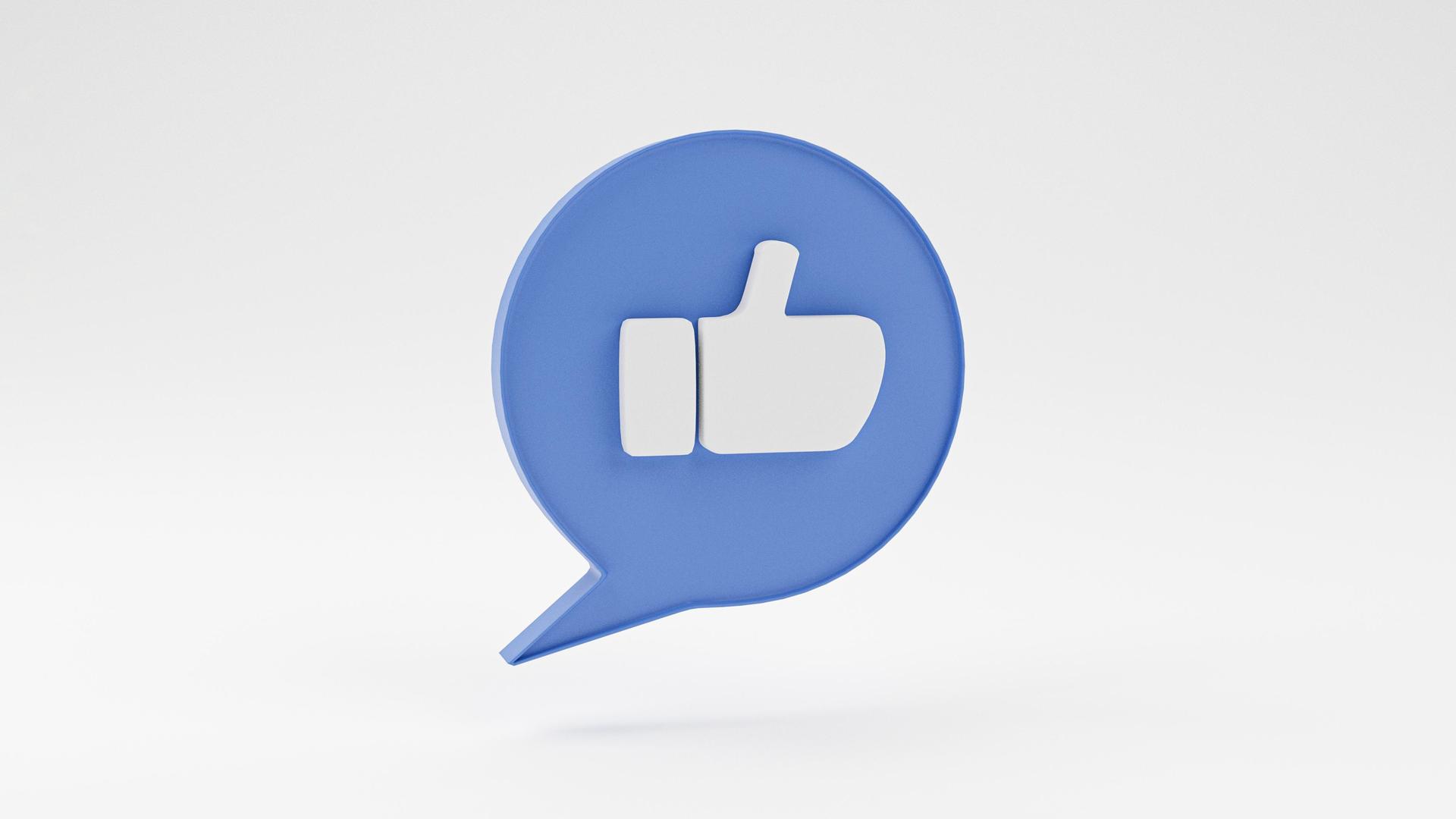
How emoji led to Rs. 50L fine for this farmer
What's the story
You never know what can get you into trouble. Seriously! A case in point is the recent incident in Canada where a misinterpreted thumbs-up emoji, led to a fine worth Rs. 50 lakh in a farming deal. As the case made its way to court, the judge decided that the "thumbs-up" emoji can be regarded as genuine as a signature.
Incident
What happened?
In March 2021, Kent Mickleborough, a buyer sent out a message to a farmer named Chris Achter, to buy flax from him later in the year. Mickleborough requested Achter to confirm the flax contract in a text message that included a photo of the contract. Achter replied to the image with a thumbs-up emoji but didn't deliver the flax as per the contract.
Dispute
What was the dispute?
Achter's thumbs-up response to the text message got Mickleborough thinking that the farmer accepted the contract's terms. However, Achter refuted the claims, saying that he didn't accept the contract and merely only acknowledged the receipt. "I deny that he accepted the thumbs-up emoji as a digital signature of the incomplete contract," Achter said in an affidavit, as reported by The Guardian.
Legal proceedings
Further legal proceedings
Mickleborough's company South West Terminal Ltd. (SWT) and Achter had done business with each other in the past too. However, post this incident, SWT sued Achter and his company for a breach of contract and an alleged failure on their part to deliver 87 tonnes of flax that was requested in the contract. The case eventually led to a court dispute.
Court rule
What did the court rule?
The court ruled in favor of Mickleborough. However, while hearing the case, the judge said that the thumbs-up emoji is a "non-traditional means to 'sign' a document." But under the given circumstances, the judge found it was a valid manner to convey the two functions of a "signature." The farmer was fined $61,442 (nearly Rs 50 lakh) for breaking the terms of the agreement.
What does it mean for the future
Will this change the legal landscape?
The court further stated that going forward, this case would "open up the floodgates" to a whole lot of cases asking for interpretations as to what various emojis mean, including the "fist bump" and "handshake." Further, the judge stated that the court "cannot (nor should it) attempt to stem the tide of technology and common usage" of emojis.